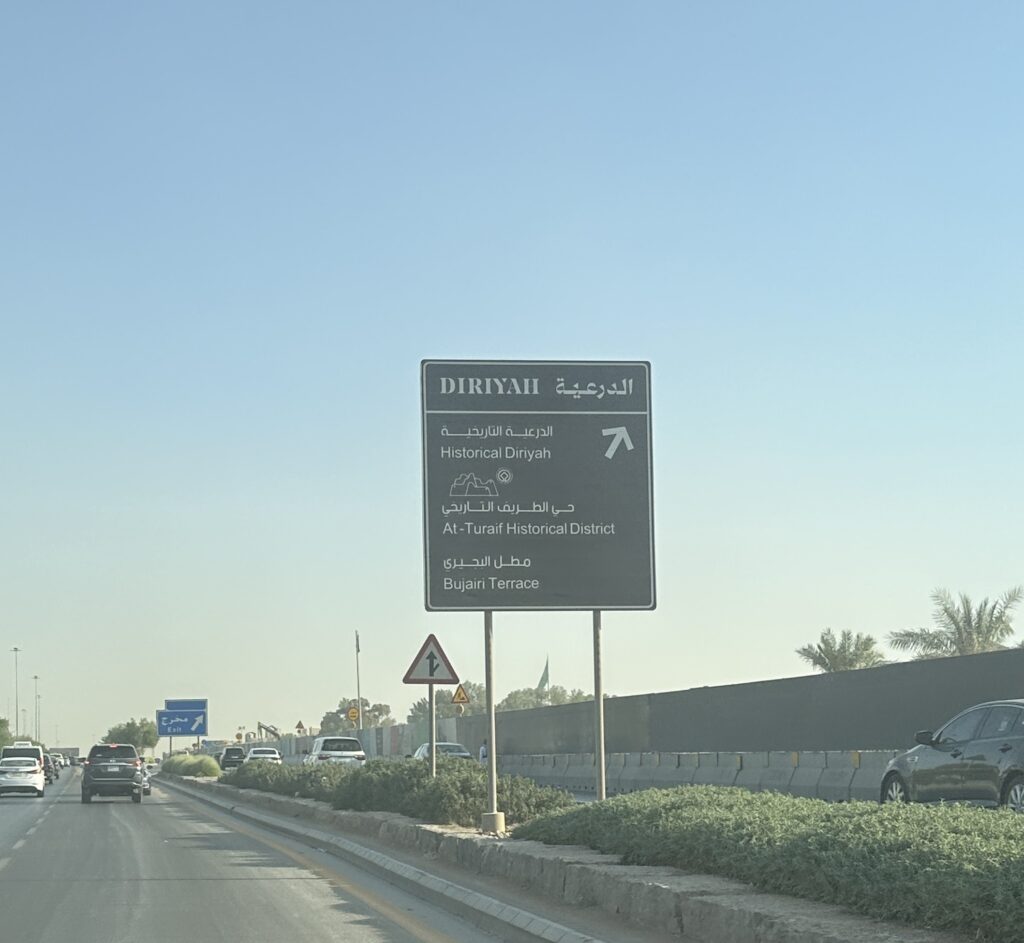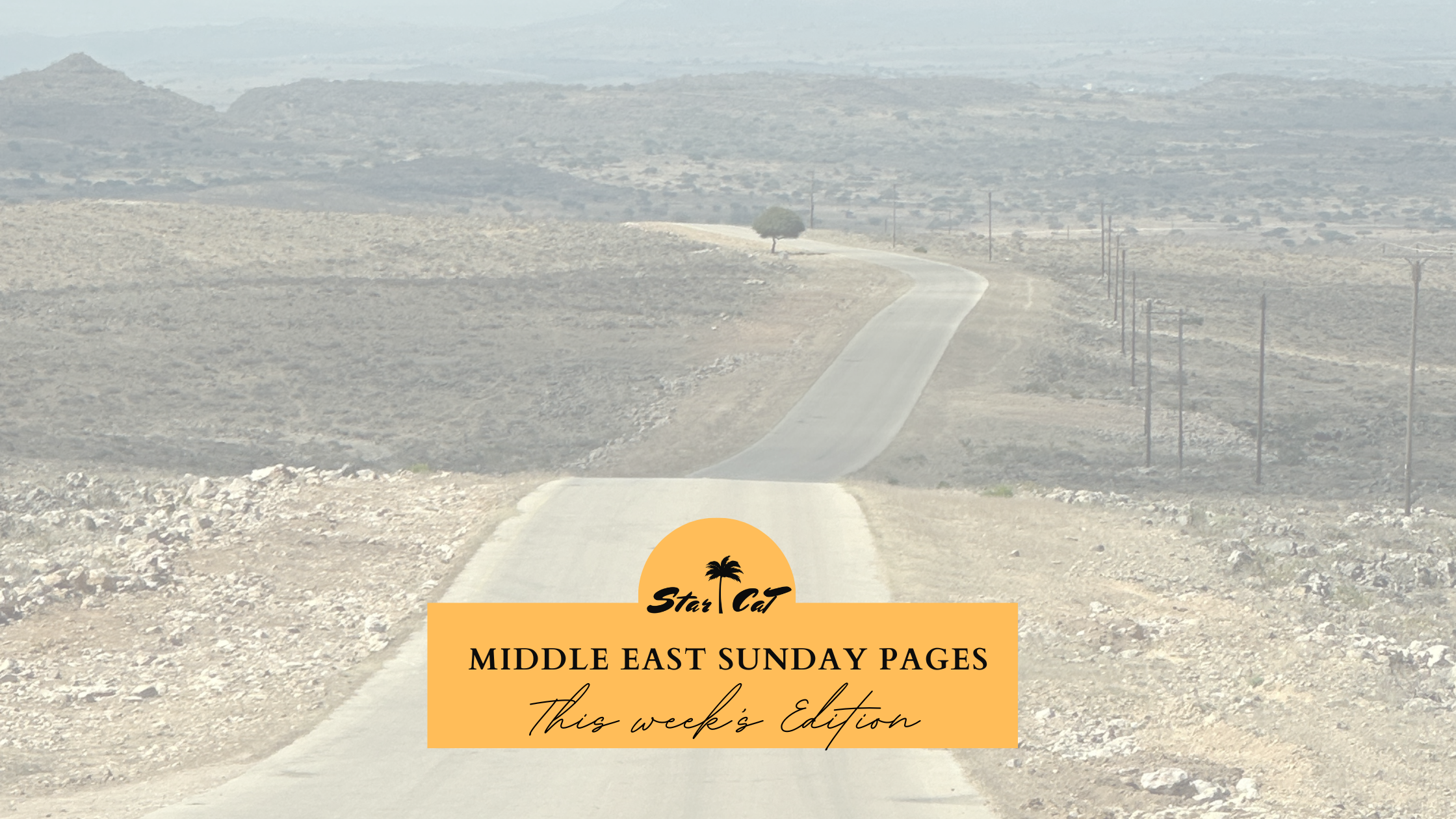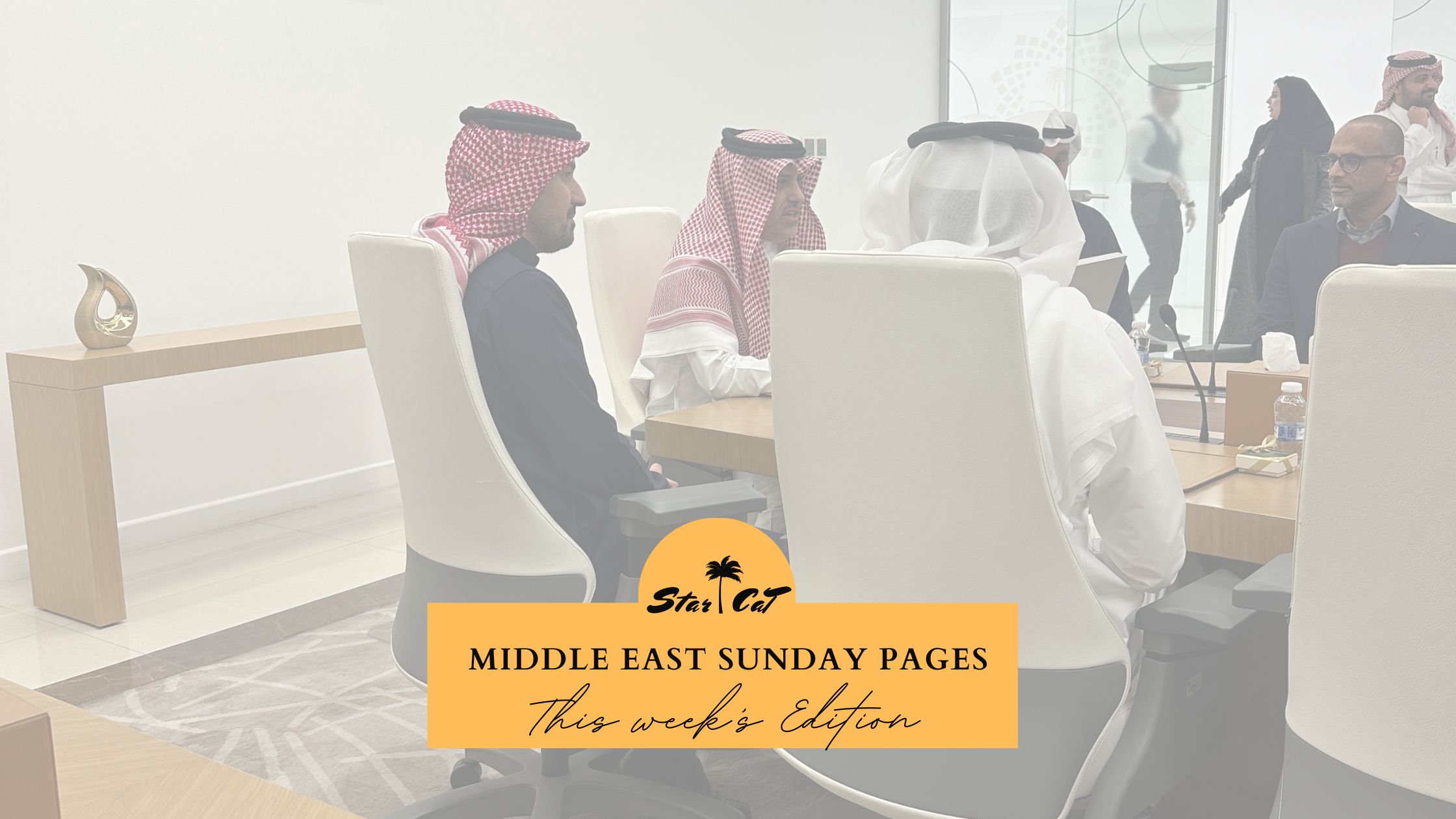
A Western Leader’s Guide to Saudi Project Management
As a Commercial Director overseeing your company’s expansion into Saudi Arabia, you’re likely experiencing a mix of excitement and apprehension. The opportunity is immense – Saudi Arabia’s Vision 2030 has opened unprecedented possibilities for Western businesses. Yet, the challenge of navigating this unique business landscape while managing team confidence and cultural competence can feel overwhelming.
The Real Challenges Western Teams Face
The Cost-Competence Dilemma
You have researched cultural consulting firms, but their fees – often starting at £25,000 for comprehensive programs – seem steep when you are just beginning your Saudi journey. While you recognise the value of cultural expertise, justifying such an investment to your board feels challenging.
The Information Quality Gap
Online forums and LinkedIn groups offer abundant advice, but how much can you trust? Between outdated information and questionable sources, finding reliable guidance feels like navigating a maze blindfolded. Your team needs concrete, current insights, not generic cultural tips from a decade ago. A good start is our Middle East Insights Newsletter.
The Knowledge-Action Divide
You understand the basics: relationships matter, patience is crucial, and hierarchy is important. But how does this translate into daily operations? Your team needs practical strategies, not just theoretical knowledge.
The Team Confidence Crisis
Your team’s apprehension is palpable. They are professionals in their field, but their limited cultural competence has them second-guessing every decision. This uncertainty risks project delays and missed opportunities.
3 Solutions for Immediate Impact
1. Strategic Cultural Integration Planning
Rather than overwhelming your team with broad cultural training, focus on project-specific cultural integration:
Action Steps:
- Map key project milestones against Saudi cultural calendar – you can download our 2025 Planner here
- Identify potential cultural friction points in your project timeline

- Develop specific protocols for common cross-cultural situations
Cost-Benefit Analysis: A single cultural misstep can delay a project by weeks, costing upwards of £25,000 in lost time and resources. Strategic planning helps prevent these costly errors.
2. Smart Event Leverage
Understanding and participating in local events can transform your team’s reputation from outsiders to informed partners, plus your team will get first hand experience of Saudi. We offer a comprehensive Event Planner here which is updated weekly.
Key Features:
- Identify Saudi Trade events that would be a great starting point to network for your team
- Attend Industry-specific talks and listen to insightful discussions
- Map out your year in advance and allocate budget ahead of time
- Remember: Quality over quantity
Practical Application:
- Leverage national celebrations for team bonding
- Schedule key meetings according to the Saudi Calendar (our 2025 Calendar will help with this)
3. Targeted Team Upskilling
Instead of expensive week long cultural trainings, focus on shorter sessions (contact us here) or consider online resources that are more cost effective (see the Star-CaT Shop):
ROI Breakdown:
- Average cost of failed negotiation: £20,000+
- Lost opportunity cost: £30,000+
- Workshop investment: £4,000-5,000
- Potential savings: £15,000+ per project
Transforming Team Morale
To change the team morale from fear to excitement for your upcoming Saudi project can very easily create ripple effects throughout the entire organisation.
When team members have their concerns addressed and get better information that turns their anxiety into genuine enthusiasm, it often leads to increased productivity, more innovative problem solving, and stronger collaboration across departments.
This positive energy can make the Saudi project a catalyst for broader organisational growth rather than a source of stress. Teams that feel confident and engaged are more likely to proactively identify opportunities, take calculated risks, and build stronger relationships with international stakeholders.
Rather than approaching the work with trepidation about cultural differences or project complexities, an energised team will invest in understanding Saudi business practices and customs, potentially opening doors for future regional opportunities.
This morale boost often translates into better client interactions, more thorough project execution, and a willingness to go above and beyond basic requirements – ultimately enhancing the company’s reputation in the Saudi market and potentially leading to additional business opportunities in the region.
The Cost of Inaction vs. Smart Investment
Consider these real scenarios:
Scenario 1: No Cultural Preparation
- Failed negotiations: £50,000
- Project delays: £25,000
- Lost opportunities: £35,000
- Reputation damage: Immeasurable
- Total potential loss: £100,000+
Scenario 2: Strategic Cultural Investment
- Workshop and training: £5,000
- Star-CaTs 2025 Planner and Trade Show Calendar: £47
- Event participation: £8,000
- Total Investment: £13,047
The difference? £86,953 saved, plus intangible benefits of enhanced reputation and stronger relationships.
The Compound Effect of Cultural Competence
Cultural competence, when deliberately developed and nurtured within an organisation, creates a powerful compound effect that transforms both internal operations and external relationships.
Each small step in cultural understanding – from learning basic greeting customs to mastering complex negotiation styles – builds upon previous knowledge, creating an ever-expanding foundation of cross-cultural expertise. As team members become more culturally aware, they develop heightened emotional intelligence and adaptability that extends beyond specific cultural contexts, making them more effective in all interpersonal interactions.
This growing competence leads to fewer misunderstandings, more efficient communication, and stronger business relationships that can unlock previously inaccessible opportunities. The cumulative impact becomes evident as the organisation gains a reputation for cultural sensitivity, attracting diverse talent and international partners who recognise the value of working with a culturally sophisticated team. Over time, this compounds into a significant competitive advantage, as the organisation can navigate global markets with greater ease, build authentic connections across borders, and create innovative solutions that draw from diverse cultural perspectives.
To summarise:
- Faster decision-making
- Stronger relationships
- Better project outcomes
- Enhanced team confidence
- Improved market reputation
Success in Saudi Arabia is not about having the biggest budget for cultural consulting – it’s about making smart, strategic investments in your team’s cultural competence. By focusing on practical, project-specific cultural integration and leveraging tools like the Star-CaTs 2025 Planner, you can transform your team’s apprehension into confident enthusiasm.
Remember: The cost of cultural missteps far outweighs the investment in preparation. Your choice isn’t between spending and saving – it’s between investing strategically now or paying heavily later.




This Post Has 0 Comments